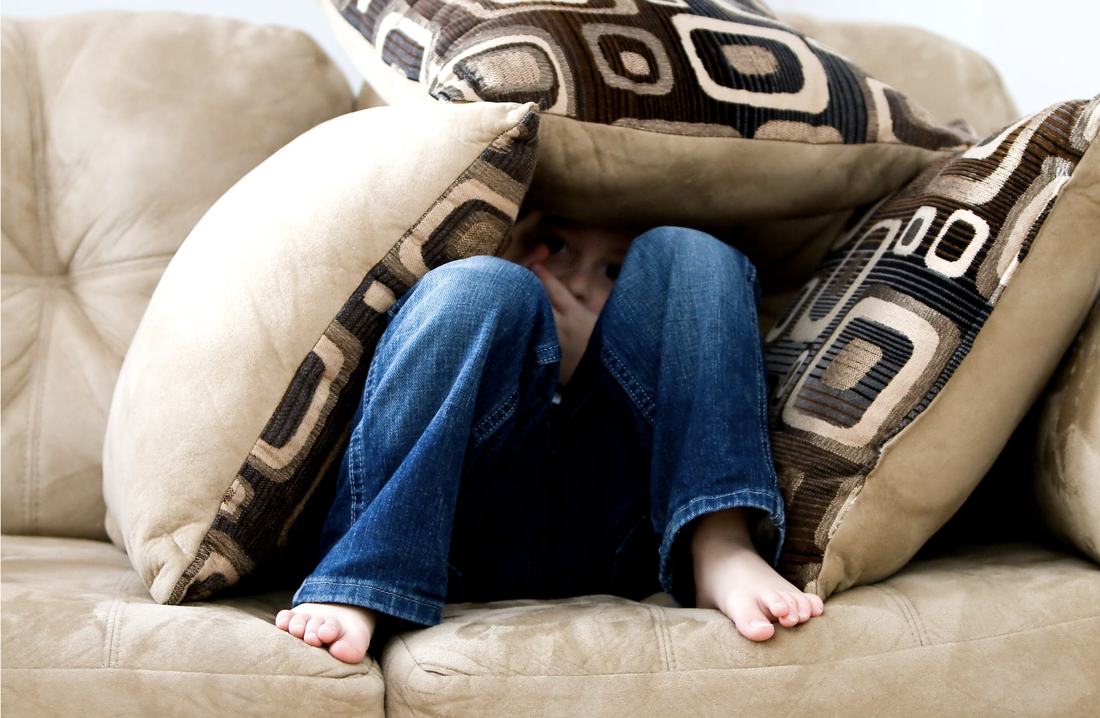|
By: A. Thiollier For some, the rapid approach of Halloween means swapping feel-good rom-coms for blood-chilling horror movies. Even those who hate this genre enjoy some form of recreational fear, be it rollercoasters or true crime podcasts. The only logical reason we would voluntarily opt for activities that scare us is that somehow, we do enjoy this feeling. Have you ever wondered why that is?
In the same way horror movies aim to prompt screams, comedies aim to induce laughter, and tragedies, tears. All good movies elicit emotions in the observers. In different yet essentially similar ways, they instigate interest and tension in the watcher, an agonizing sense of unwavering hope mixed with frustration that makes one incapable of pausing the film, even if it’s just to go to the bathroom or grab a snack. Whether it’s fear, sadness, humor, or hope, if a movie doesn’t make you feel enough, it won't find success. In the specific case of the horror genre, the scares release hormones such as adrenaline and activate areas in the brain that prepare us for a threat response. This reaction, in turn, stimulates a sense of happiness and an improved mood after the experience is over. The same is true for the experience of riding rollercoasters or navigating haunted houses. An important aspect of these experiences is that, in our subconscious, we know that in truth, the threat is not real, so we can still enjoy the experience without feeling that we are in real danger. An important detail to note is that a balance is required so that the adrenaline rush is successful. For fear to be recreationally pleasing, it cannot be too scary, otherwise the adrenaline is overcome by pure fear, which is simply unenjoyable. On the other hand, it cannot not be scary enough, because at that point, it is simply boring. This balance is difficult to find, especially as it is different for each person. If you watch horror films a lot and are not scared easily, it takes some heavy scares for the experience to be enjoyable. However, if you are a person who is easily frightened and doesn’t care for the genre, the smallest thing may be too much for you. Psychological changes aren't the only ones you should expect during a horror experience. Depending on your tolerance for horror and how in-line with your personal balance a particular movie is, your body can also be affected. During the experience your entire body enters the fight-or-flight mode. This is the way your nervous system prepares you to cope with a physical threat, which causes sweating and heightened breathing and heart rate. After the experience is over, your muscles relax, you can finally take a deep breath, your heart rate goes down, and you feel an overall sense of relief, increasing the sense of improved mood that comes with watching a scary movie. For the proper enjoyment of horror, you need to find movies that are in line with your balance and give you a healthy scare, without giving you nightmares for weeks. If you have a low tolerance for jump scares, look for less heavy shows, and try to distance yourself from the movie psychologically. Remember, horror is made scary because it seems realistic, so turning on the lights and surrounding yourself with friends reduces your similarities to the unfortunate characters on screen, making it easier to remind yourself that it isn't real.
0 Comments
Leave a Reply. |
Categories
All
Archives
June 2024
|

